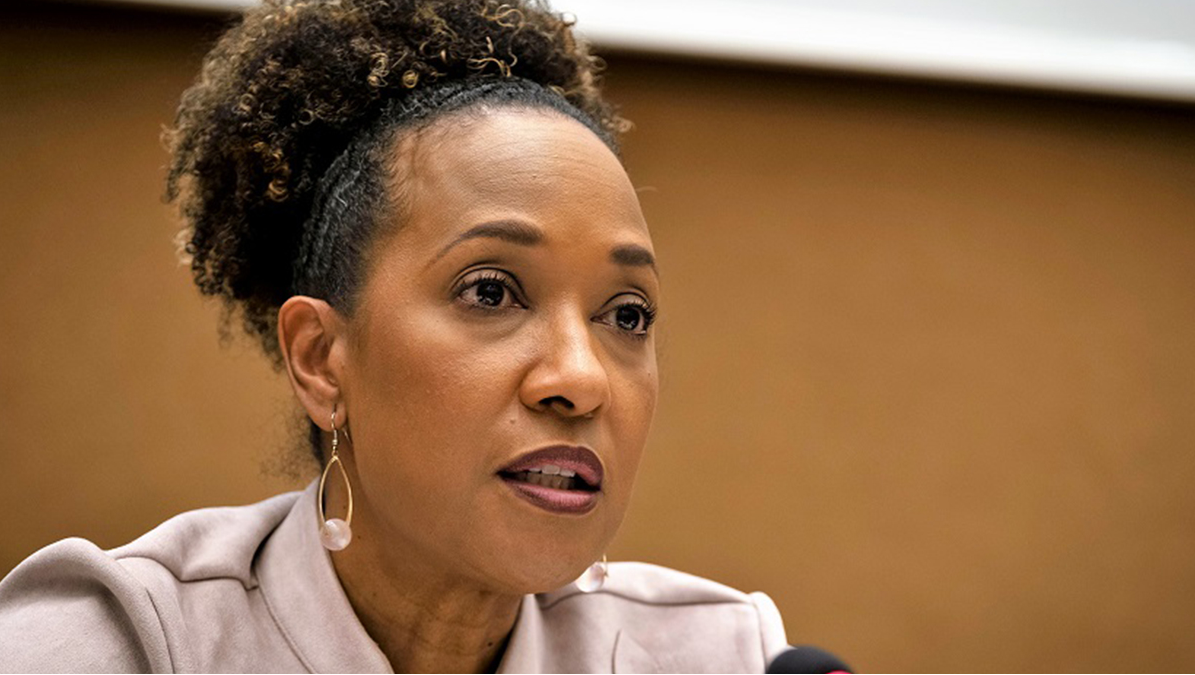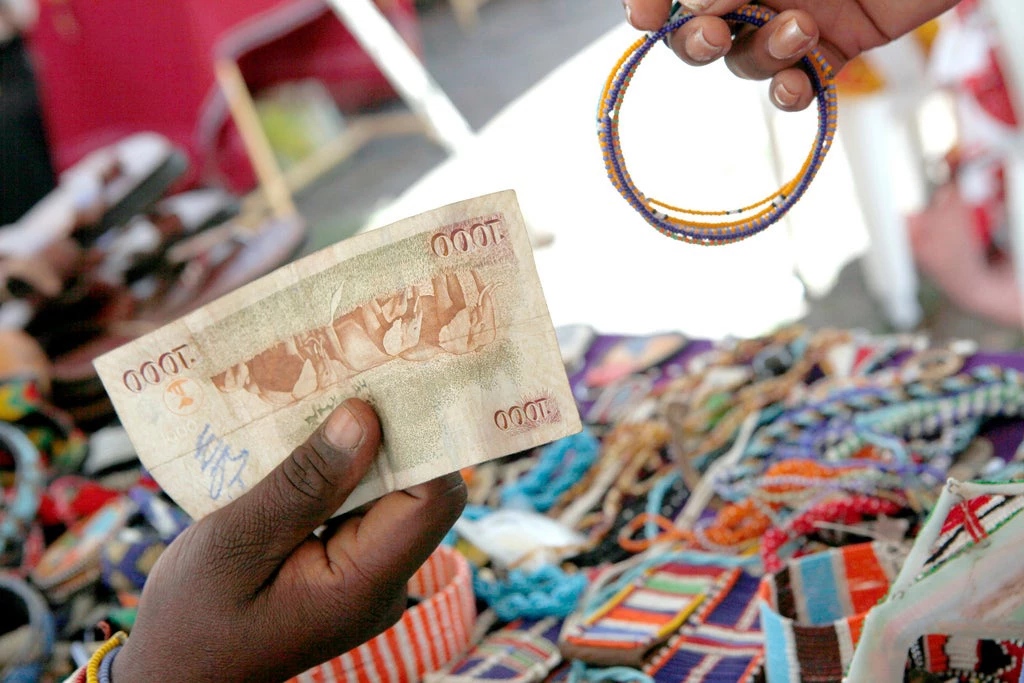The International Trade Centre (ITC) has called on young people in East Africa to tap the global online sales worth $26 trillion as the Africa Continental Free Trade Area (AfCFTA) gets off the ground in 2021. ITC Executive Director Pamela Coke-Hamilton says online marketplaces could drive inclusive growth across Africa, with e-commerce likely to create as many as three million jobs by 2025.
Speaking at the Trade Beyond Covid19: Unpacking the AfCFTA for East Africa forum in Nairobi, on 19th November 2020, Ms Coke-Hamilton, said ditching outmoded business models for e-commerce would drive intra-regional trade and open markets to otherwise isolated rural communities, service Africa’s fast-growing consumer market, and offer women access to new business opportunities. She called on the AfCFTA members to remove obstacles in the digital space with synchronized regulatory approaches that check the fracturing of African states by technology giants.
With a global digital order gradually taking shape, Ms Coke Hamilton said that young people and women need to take note urgently of the disruption of old business models. “E-commerce can lower entry barriers and help connect MSMEs with global markets and value chains by providing the services needed to facilitate their exports,” she said.
Ms Betty Maina, Kenya’s Cabinet Secretary for Industrialization, Trade and Enterprise Development, said the government had developed a draft National AfCFTA strategy that aspires to contribute towards national development by securing markets for goods and services within Africa.
United Nations Conference on Trade and Development (UNCTAD) Secretary-General Mukhisa Kituyi emphasized the role of the free trade area in boosting growth opportunities across the continent. “How the AfCFTA facilitates the revival and growth of African small businesses will be key to its success as an engine for Africa’s economic renaissance,” he said.
The implementation of the AfCFTA in Eastern Africa could result in welfare gains of $1.8 billion, a boost to intra-African exports worth more than $1.1 billion and the creation of more than two million new jobs, according to the UN Economic Commission for Africa (ECA) and Trademark East Africa.
Ms Maina said the AfCFTA’s efforts at leveraging digital technologies to boost intra-African trade and investment aligned well with Kenya’s information and communications technology capabilities and national priorities. She said that prioritizing e-commerce would support Kenya’s efforts to build digital capabilities and integrate micro, small and medium-sized enterprises (MSMEs) into regional value chains.
See Also >> Lessons From Business That Hae Adapted to the Digital World
“For the free trade area to work optimally, there are many technical issues to be worked out. Key among them is putting in place cross-border payment systems to allow countries to trade in their currencies rather than reverting to international payment systems,” she said.
While digital trade offers an innovative tool for industrial leapfrogging and income convergence, some African countries lack the legal framework and enabling environment for digital trade to thrive under the AfCFTA, speakers said. Some African countries still grapple with a lack of adequate and affordable connectivity and thorny issues such as cybercrime and data privacy.
Capacity building
Sharing his perspectives bearing the experiences from the European Single Market, European Union Ambassador to Kenya, Simon Mordue said, “from our own experience in the EU we know that small and medium-sized enterprises (SMEs) can benefit greatly from a larger common market. This will be no different in Africa. SMEs will prove to become the continental engine of economic prosperity because of the Africa Continental Free Trade Area, positively impacting millions.”
As a strong advocate of MSMEs and the economic empowerment of women and young people, Ms. Coke-Hamilton said ITC was well-positioned to support the AfCFTA. It plans to provide capacity building and advisory services that will enhance the continental business environment, strengthen national and regional trade support institutions, and improve the competitiveness of MSMEs and women and youth-led enterprises under its One Trade Africa programme.
Next Read >> Safaricom Shakes Up Management in Strategic Shift













Leave a comment